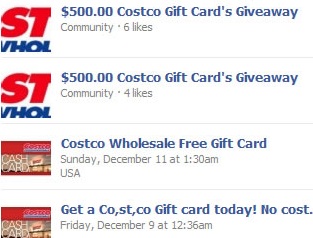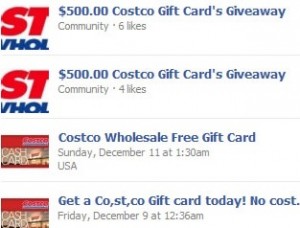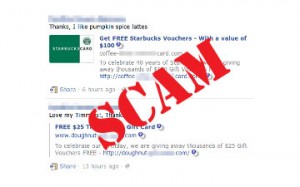Malicious hackers have targeted Google’s social networking service, Google+, for the first time in a scam that involves fake invites to the service, Naked Security reports.
The fake invites are spreading through email, and they look very similar to the actual invites to the service, down to the email address which seems to be coming from a Google+ member.
![Google+ Scam Spreading Via Fake Invites [WARNING]](http://volumatrixgroup.com/wp-content/uploads/2011/07/Google+-Scam-Spreading-Via-Fake-Invites-WARNING.jpg)
However, if you click on a link in the message – which we definitely do not recommend – you’ll land at a site trying to send you penis enlargement products.
Scams such as this one are very common with major product launches; most recently, we’ve seen a similar phishing scheme involving Google Music invites. Whenever you receive an “invite” to a service, especially from a third party, be extra careful before clicking any links and make sure that the invite is really coming from a legitimate source.
![Google+ Scam Spreading Via Fake Invites [WARNING] 2](http://volumatrixgroup.com/wp-content/uploads/2011/07/Google+-Scam-Spreading-Via-Fake-Invites-WARNING-2.jpg)


 Follow
Follow



![Google+ Scam Spreading Via Fake Invites [WARNING]](http://volumatrixgroup.com/wp-content/uploads/2011/07/Google+-Scam-Spreading-Via-Fake-Invites-WARNING.jpg)
![Google+ Scam Spreading Via Fake Invites [WARNING] 2](http://volumatrixgroup.com/wp-content/uploads/2011/07/Google+-Scam-Spreading-Via-Fake-Invites-WARNING-2.jpg)